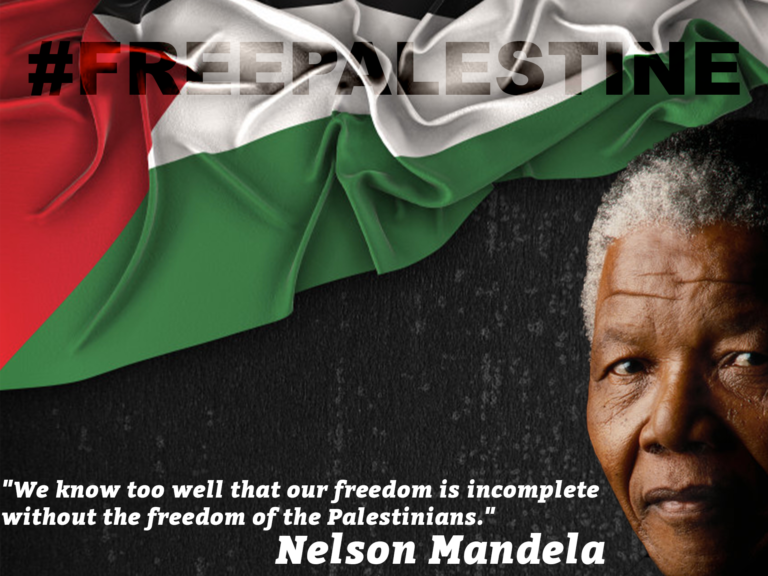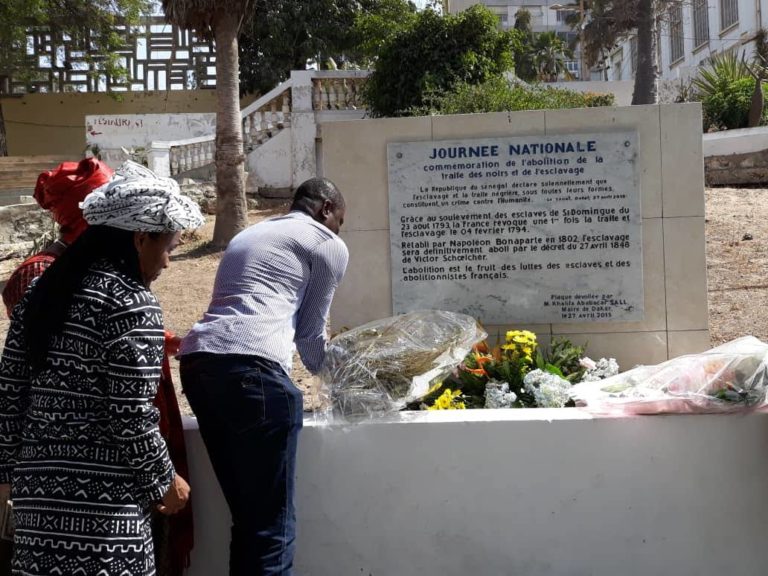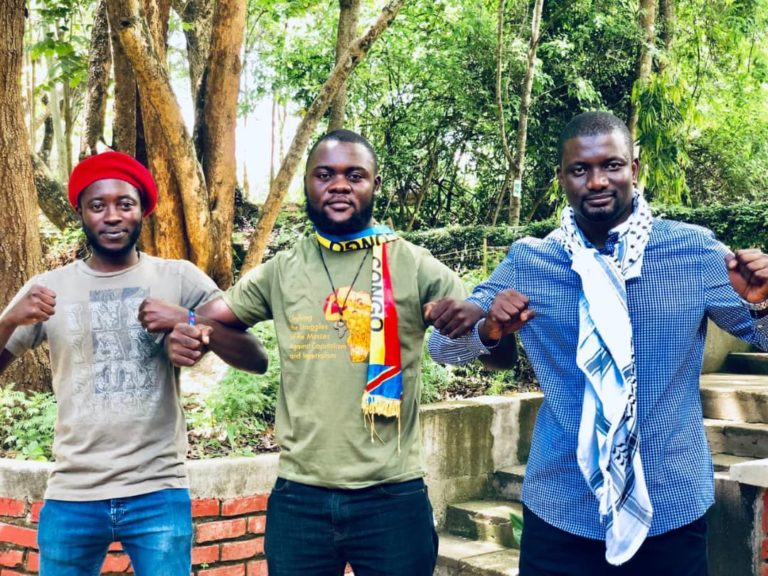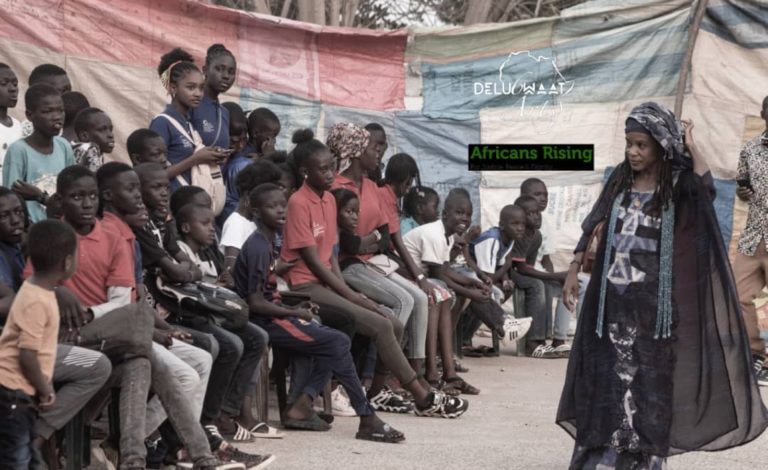The Climate Movement must do more organizing than mobilizing
Op-ed by Hardi Yakubu, Movement Coordinator, Africans Rising
Last year, farmers in my village in northern Ghana experienced perhaps the worst drought in recent times. The rains started as usual in May, farmers planted their crops expecting to go through the season as they usually do. They tilled the land, planted their seeds and expected a normal season. Well, this season was anything but normal. In August the rains suddenly stopped, and our troubles began. People lost their entire farms; maize farms being especially hit. This is important because maize is a staple crop, and most farmers are subsistence farmers who rely on it to feed their families. Losses on their maize farms therefore, posed a direct threat to their livelihoods. Unfortunately, this was not restricted to my village nor to just northern Ghana. Climate change has caused devastating effects on people’s lives and livelihoods everywhere across the world. In Africa, prolonged droughts have devastated agriculture and caused displacements. The Sahel region, spanning across countries like Chad, Mali, and Niger, has witnessed desertification and extreme water scarcity, driving conflicts over resources. In 2023, Africans Rising had to organize to show solidarity with victims of Cyclone Freddy in Malawi, and there were similar occurrences in other parts of the continent. Extreme weather events have become so rampant that nobody needs to be told about behavioral changes, changes in perception of the environment and how to live in harmony with it or indeed in how we produce the very essentials of life including food, water, energy and shelter. Climate change has become too obvious to require proof. We live with its effects every day.
Climate Mobilisations are intensifying
As the effects of climate change become dire, so have efforts and campaigns become more rigorous to get the world to change course lest we all be doomed. Civil society, governments of highly at-risk countries especially in the so-called Global South, academics, indigenous people, activists etc have intensified their efforts. We lobby, protest, march, hold placards, demonstrate, organize sit-ins, flash mobs, and other direct actions to push against the financial, economic, social, political, decisions that have brought the world to the brink of this climate catastrophe and which so far show no signs of abating. Nor are these actions necessarily new. The activities of environmentally conscious activists and advocates have been part of mainstream discourse for a long time. If there is a climate movement today, it is thanks to the tireless and thankless (for the most past) work that has been done in the past by the likes of Wangari Maathai etc. And yet, things seem to be getting worse day by day. Last year (2024) was the hottest year on record; the year before (2023) held that record earlier. Scientists warned long ago that the world about the 1.5oC threshold. This was the whole idea around the Paris agreement reached some 10 years ago. Again, last year, this threshold was breached. Clearly, things are changing but they seem to be changing for the worse. And no, I am not a half-empty-glass kind of person. I regard myself as an incurable optimist. A change agent has to be, of necessity, optimistic because you seek to change things that seem unchangeable at first, with interests behind them pushing with so much more power than you could possibly muster. But you continue to resist. That doesn’t mean one must continue to do the same thing over and over again and expect different results. That by definition is insanity, so says the popular proverb.
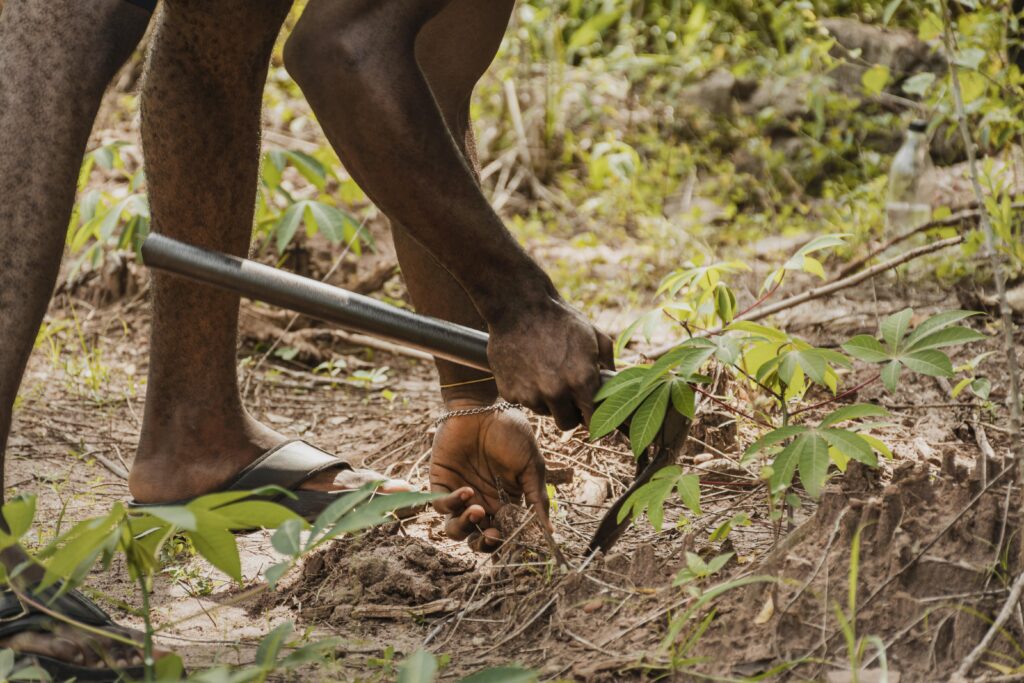
Time to organize more
What must we do now? One would ask. We must ORGANIZE MORE. That is to say we must move beyond marches, press conferences, sit-ins etc and focus on organizing the deliberate, sustained process of building power and implementing long-term solutions. This doesn’t mean we should stop mobilizing. It only means mobilizing alone is not enough and must be accompanied by organizing if we are to achieve and sustain our results. Even though mobilization has helped us grab attention on the critical issues facing the world, the message remains on the surface (with the people in the climate space) and not reaching the critical mass that must be brought into the movement. Organizing is what will help us harness the power of the masses against exploitation, extraction and irresponsible profiteering.
When I talked to my father about the drought that happened last farming season, he told me that he could not remember the last time such a long dry spell had occurred. I asked him about climate change. He had heard about it and with his limited education was able to make a vague connection between the drought and the changes in weather patterns. Unfortunately, that was all he could do. And when I think about the many farmers in the village, I have no confidence that they would be able to understand our jargon let alone be persuaded to join the cause for action – the over 80% of the population who are farmers in the district. And yet they are the perfect target for organization. They have incurred personal losses. The sustainability of their entire livelihoods is threatened. They are directly affected just as we all are. At the same time, they are the target market for fossil fuel investments – energy for cooking, electricity etc. In some cases, our own actions as farmers could end up contributing to climate change, indiscriminate felling of trees for example. “Farmers” here is used just for illustration. It is the same for the majority, if not the entirety of the population, be they fisherfolk, nomadic herders, carpenters, traders, shoemakers, blacksmiths, butchers, drummers etc.
To win, we must organize this population. Deliberately. Intentionally. Strategically. It will involve consistent, regular contact through which the people can see the links between climate change and livelihoods, explained in a language they understand. Sending a message out is one thing. Reaching a particular subject with that same message repeatedly is what gets it to stick. Organizing is what makes that possible. It will help expose those whose actions are most responsible for what we are all suffering and the actions they can take to hold them accountable, while making clear little behavioural changes (even sacrifices) that everyone can make to get things in control.
Above all, it is through organizing that we can successfully generate an alternative reality. We want an end to the current system. Assuming we succeed today, what would we prefer to replace it? To make this new system worthwhile, the people who created the current system and are benefiting from it to our collective detriment cannot be the ones to dream up that new system, let alone build it. A stronger emphasis on organizing means integrating climate justice into broader struggles for socio-economic justice, human rights, ethical governance and gender justice. By organizing for systems change, we would have a good opportunity to imagine this new alternative together or at the very least create the process for that, an inclusive, participatory, people-centred process whose result would be a new reality by the people and for the people.
It is important to acknowledge that organizing for climate justice has happened and has been happening. But few of such initiatives are accompanied by comprehensive Systems Change political education and are sometimes too focused on country-specific challenges whereas this challenge is much bigger and much more connected continentally and globally.
An effective blend where mobilization helps to disrupt the status quo while organizing builds for the future can be the smoking gun we need to save our planet from the doom it is headed to.
The climate crisis is not a short-term challenge, it demands a long-term commitment. While mobilization plays a crucial role in raising awareness, true power lies in organizing. The climate movement must embrace this.

